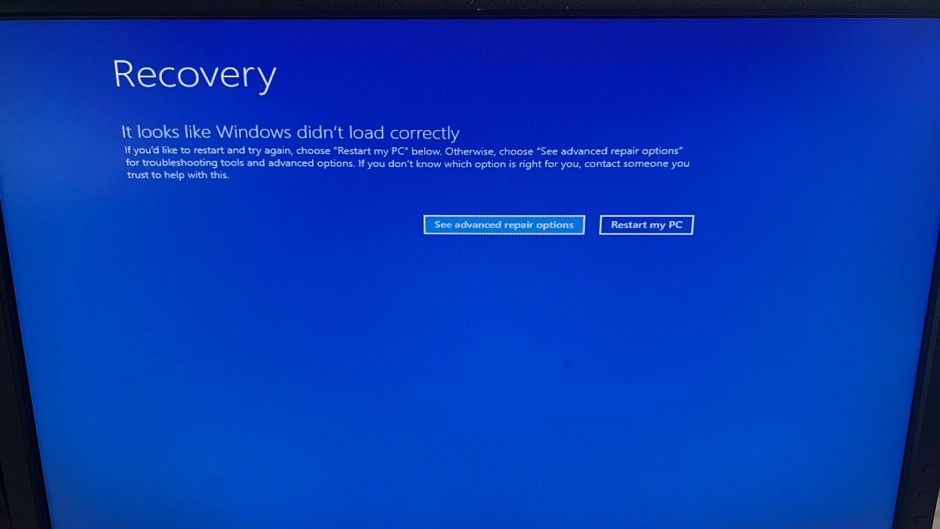SYDNEY - A major outage wrought havoc on global computer systems on Friday, grounding flights in the United States, derailing television broadcasts in the UK and impacting telecommunications in Australia.
Australia's National Cyber Security Coordinator said the "large-scale technical outage" was caused by an issue with a "third-party software platform", adding there was no information as yet to suggest hacker involvement.
Flights were suspended at Berlin Brandenburg airport in Germany due to a "technical problem", a spokeswoman told AFP.
The UK's biggest rail operator warned of possible train cancellations due to IT issues, while photos posted online showed large queues forming at Sydney Airport in Australia.
Sky News in the UK said the glitch had ended its morning news broadcasts, while Australian broadcaster ABC similarly reported a major "outage".
Some self-checkout terminals at one of Australia's largest supermarket chains were rendered useless, displaying blue error messages.
New Zealand media said banks and computer systems inside the country's parliament were reporting issues.
Australian telecommunications firm Telstra suggested the outages were caused by "global issues" plaguing software provided by Microsoft and cybersecurity company CrowdStrike.
Microsoft said in a statement it was taking "mitigation actions" in response to service issues.
It was not clear if those were linked to the global outages.
"Our services are still seeing continuous improvements while we continue to take mitigation actions," Microsoft said in a post on social media platform X.
CrowdStrike could not immediately be reached for comment.
University of Melbourne expert Toby Murray said there were indications the problem was linked to a security tool called Crowdstrike Falcon.
"CrowdStrike is a global cyber security and threat intelligence company," Murray explained.
"Falcon is what is known as an endpoint detection and response platform, which monitors the computers that it is installed on to detect intrusions (i.e. hacks) and respond to them."
University of South Australia cybersecurity researcher Jill Slay said the global impact of the outages was likely to be "enormous".

